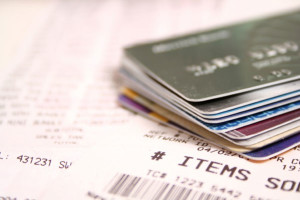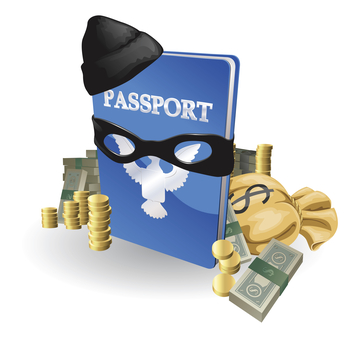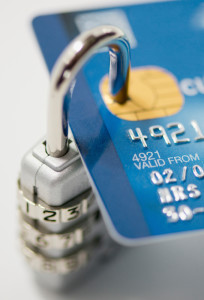Last year, one of my family’s credit cards was used to rack up hundreds of dollars in bogus charges at Apple.com. Another card was compromised four times in a row, as thieves repeatedly charged merchandise and Uber rides.
We ultimately got our money back, but repeated credit card fraud can be frustrating and disheartening. Dealing with the aftermath taught me to prize security over convenience, and to change some bad habits that made me an easier target.
In my latest for the Associated Press, learn how to make your credit cards less vulnerable to fraud.
 Today’s top story: What to do about the Fed rate hike. Also in the news: How to deal with credit card fraud, driverless cars, and how your credit card debt is costing you nearly $1000 a year.
Today’s top story: What to do about the Fed rate hike. Also in the news: How to deal with credit card fraud, driverless cars, and how your credit card debt is costing you nearly $1000 a year. Today’s top story: The important reason you should check your credit card bills right now. Also in the news: What you need to know about charitable giving, how to avoid IRS scams, and what to consider before signing a VA loan.
Today’s top story: The important reason you should check your credit card bills right now. Also in the news: What you need to know about charitable giving, how to avoid IRS scams, and what to consider before signing a VA loan.
